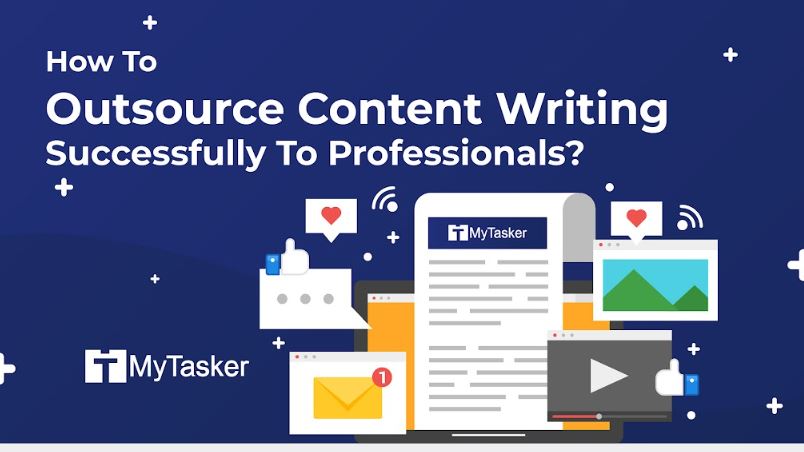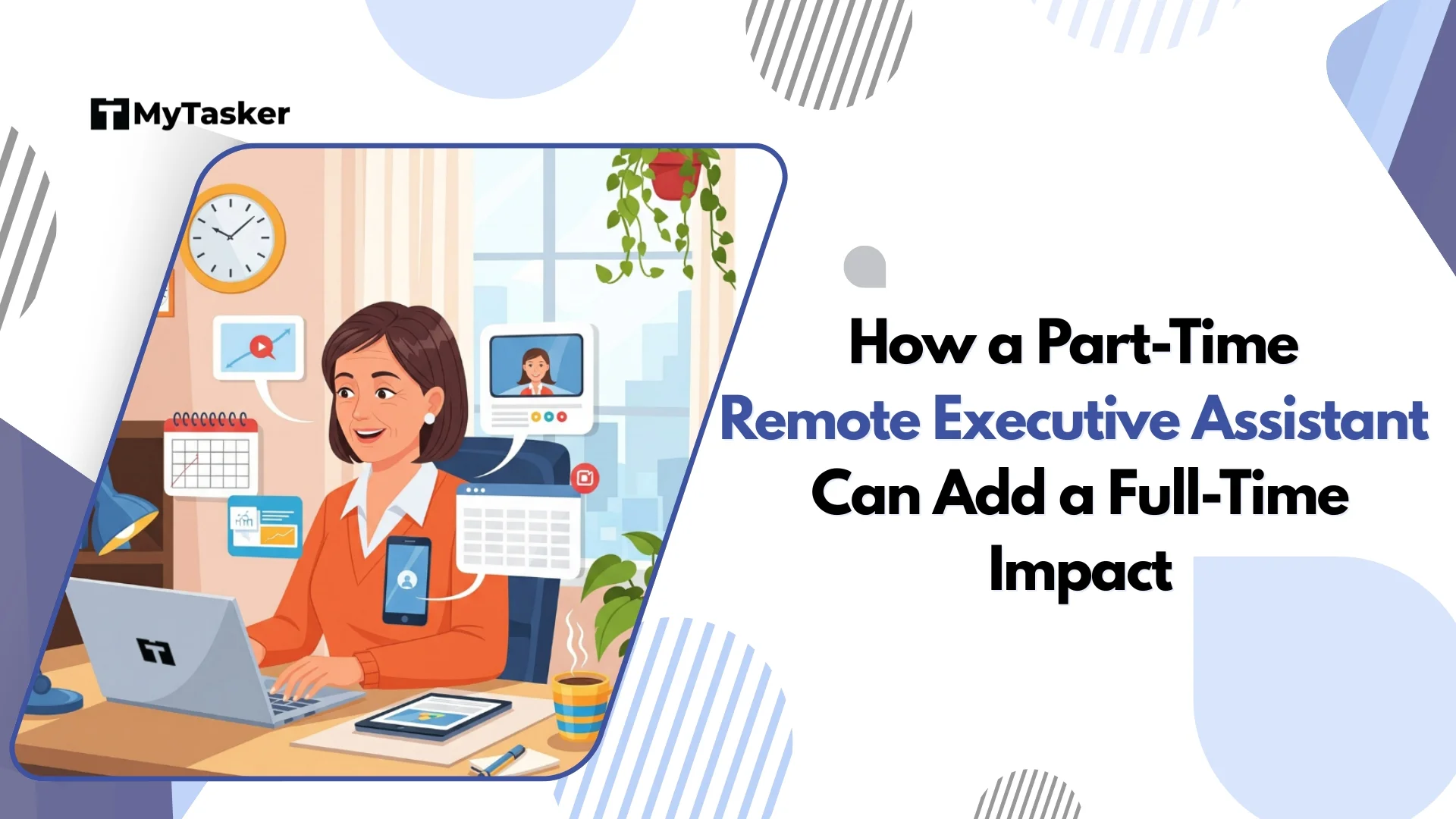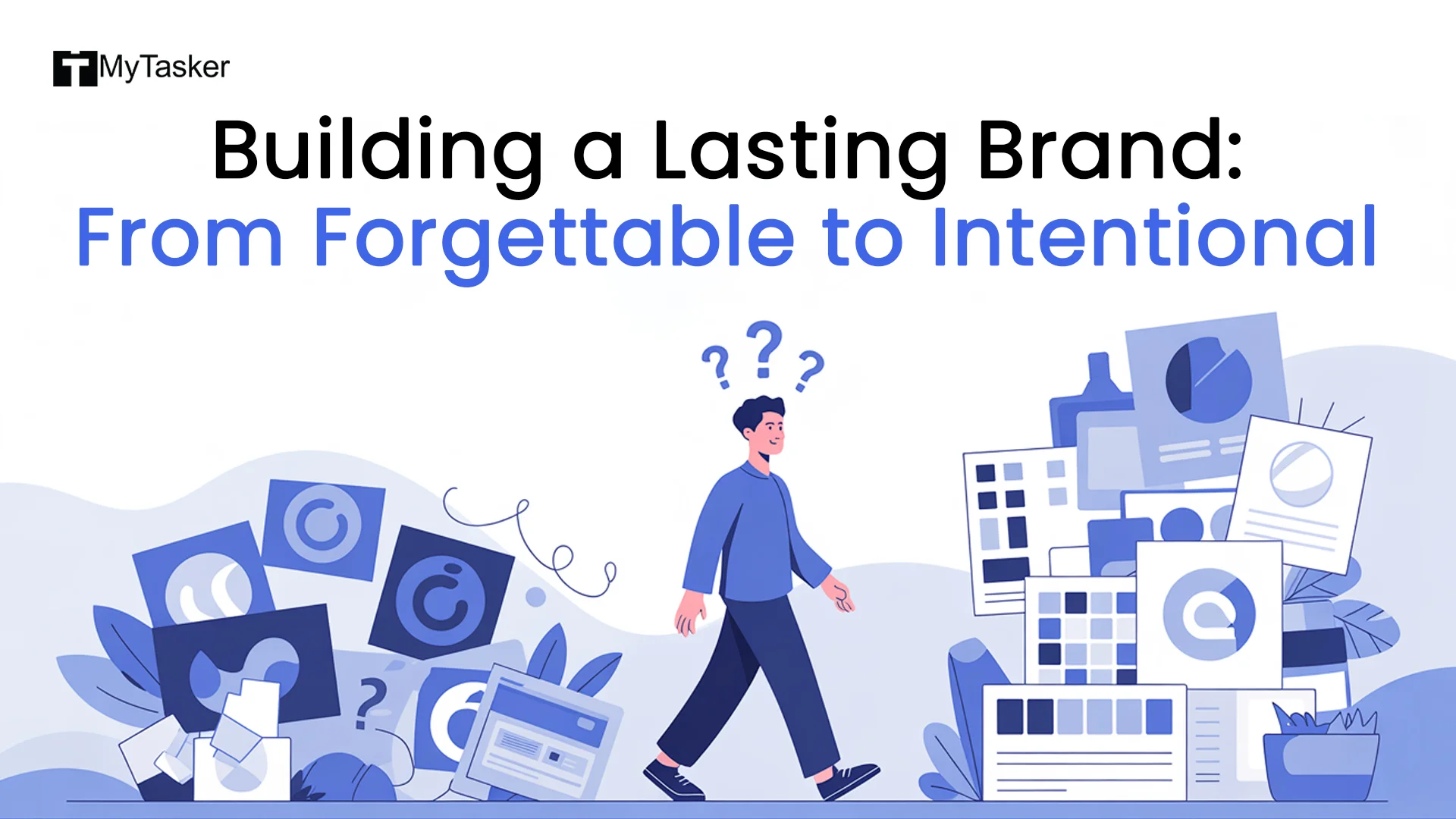When the going gets tough, you may need to outsource content writing. It can be an amazing way to bring fresh perspectives to the marketing table. Even better, it can help you streamline your content creation process.
Writing content takes a lot of time, effort, resources, and commitment. Putting in only half of these factors will give you half the results. So, how do you ensure 100% of these factors are fulfilled? By outsourcing.
Outsourcing your content writing can create a robust content creation process, leading to steady traffic growth, and ultimately, more revenue. In this blog, we have described the benefits of outsourcing content writing services and how to go about it. Let us dive in!
Should You Outsource Your Content Writing?
If you are wondering why you should outsource your content writing, here are three benefits you may see in the long-run:
1. Save Your Time
Every piece of content you publish should cater to the needs of your customers. That is why you need time to do research, write, edit, and format when publishing a content piece. This can take anywhere between hours and weeks to accomplish.
Thankfully, by handing over the work to content writers, you can save loads of time. That time can be best utilized by focusing on the core areas of your business, rather than on writing content.
2. Gain Access to Expert Content Writers
Your business cannot thrive on just any content. You need to support your digital marketing strategy by publishing high-quality content. To do that, you should have not only the time but also the ability to conduct careful research on your side.
Hiring a content writing agency means you can access a team specializing in content creation. On top of that, they are likely to already have their hands on the best content writing tools, too.
So, when you outsource content writing to them, rest assured you will get top-notch content delivered for your business requirements.
3. Easily Scale Your Content Strategy
Outsourcing your content writing work is a great way to scale your writing needs. No matter how many blog posts or articles you need to publish, the external blog writing team will deliver the content to you on time.
When your blog starts getting traction after some time and generating revenue, the more content you publish, the more your business scales!
How to Outsource Content Writing
Here is a step-by-step guide to outsourcing your projects and receiving result-driven content in return:
1. Identify the Type of Content You Need
The first step toward outsourcing content writing is to draw up your content requirements. What type of content do you need for your business?
Before selecting one or more content types, frame the purpose you wish to serve through that content.
Your purpose or goal may be to:
- Increase brand awareness
- Generate and nurture leads
- Drive website traffic
- Increase conversions
- Build authority or trust
- Educate your audience
To serve your goals, different types of content pieces you can use are:
- Blog posts: These are one of the most popular forms of content. Writing and publishing quality blog posts consistently can drive high-quality traffic to your website and position you as an authority in your field. With a powerful SEO strategy that includes relevant keywords, a great internal link structure, and backlinks, you can even create brand awareness!
- Case studies: Case studies explain how your business has helped members of your target audience to reach their goals. These content types are meant to build trust among your future prospects or customers.
- Whitepapers: These are formal information-packed reports offering well-researched solutions to your target audience’s problems. Whitepapers provide an excellent opportunity to establish yourself as a thought leader by showcasing original research.
- Brochures: A brochure is a leaflet or pamphlet providing information about a business or an organization, or a product or service. It is a great way to increase brand awareness and inspire your target audience to take the desired action.
- E-books: Sometimes, instead of creating in-depth guides and making readers scroll endlessly to read exceptionally long content, you can use eBooks. Gating well-researched eBooks in return for email addresses, can help you nurture future business leads.
- How-to guides: Informative and educational long-form blog posts or guides are getting increasingly popular. The average length of an in-depth guide or blog post was around 1,416 words in 2021. Creating guides or detailed content for your business’s primary focus area can help build your website’s topical authority.
- Product descriptions: These are generally published on the product pages of ecommerce websites. Each product description contains specific information about the product that can help the customer make a buying decision.
- Email newsletters: Email is one of the more versatile content types. You can send email newsletters to share your latest content with your subscribers, convert prospects into customers, or announce the launch of a new product. It is a great content type to use for driving sales and nurturing prospects.
- Social media posts: With billions of active users on social platforms like Facebook, Instagram, LinkedIn, Snapchat, and TikTok, social posts can drive traffic to your blog or your most important web pages.
2. Identify the Kinds of Writers You Require
Basically, you can categorize content writers into generalists and specialists.
General content writers can write on a variety of niches and topics. This means they can usually change their tone, language, and writing style as per the topic or industry requirements.
On the other hand, specialist content writers are those who specialize writing in a particular niche or topic. They are more likely to have expert knowledge on that topic than generalist writers do.
Niches or industries like medicine and law, for example, require good writers to have a firm and in-depth understanding of the nuances of the subject. It would be more difficult for general writers to write on these topics than it would be for legal or medicinal writers.
Another thing to look out for when you outsource content writing is the writer’s work ethics. Do the writers stick to deadlines? Do they communicate to their managers or clients if they cannot deliver content before a deadline?
Do they conduct research carefully, from authentic sources of information? Can they accept and incorporate constructive feedback into their content?
Finally, and this should be a non-negotiable one - are they grammatically flawless?
3. Assess Your Budget
Different kinds of writers are available at different prices. Normally, general content writers charge less than specialist writers.
You should also take into account how the writers charge - whether by hour, word, article, or a monthly retainer fee.
Considering these factors, it is time to set your budget for the project. Keep in mind, however, that the quality of content you receive from the writers will depend on your budget.
4. Write Down a Set of Guidelines
The next step when you want to outsource content writing services is to set down a list of your brand guidelines. This will help the writers follow your unique brand voice and style when writing content for your business.
You can include the following points:
- The structure that each type of content should follow. For example, when writing blog posts, you may want the writers to write a short introduction of only 50 words, followed by the meat of the content, and then a two-sentence conclusion. You may also specify the heading structure, that is, using H1, H2, and H3 headings.
- Whether or not they should add images, screenshots, or infographics
- How they should format and optimize images, screenshots, and infographics, if added
- The kind of tone to be used in the content, whether formal or informal
- The ideal length of the content. For instance, you may need blog posts of 500 words or guides of 2,000 words.
- The ideal length of each paragraph in general
- The pages on your website they can interlink to
- The websites they should link to
- The references they can fall back on
- How the writers should deliver the content to you - whether by adding all files in a Google Drive folder and sharing it with you, or directly emailing you a Google Doc, or any other method.
- Any other guideline you want them to follow
As your business grows and you gain more experience outsourcing content writing, your guidelines will evolve.
You may also notice some things that need to be changed, and update your guidelines accordingly.
5. Cast a Net for the Best Content Writers Out There
You can use platforms like Upwork or Fiverr to outsource content writing services for your business. Alternatively, reach out to content writing agencies to get other related services like content marketing and SEO packed in the deal.
After choosing some agencies or freelance writers, ask to look through their portfolio. A portfolio can give you insight into the kind of content the writers have worked on, their writing style, and even the brands or businesses they have written for.
Remember to ask them whether their portfolio contains recently written content, not longer than a year ago. This is because the writing style may change from time to time, as writers keep consuming more content every day.
You can also ask them to write a test article that aligns with your brand.
However, asking them to write test articles for free is not a good idea. For one thing, it takes time and effort to research and write any type of content. For another, the best content writers may bail on you the moment they hear the test article is to be written for free.
6. Set Up a Contract
You should have a contract in place to spell out exactly what is expected of both you and the content agency. It should specify all the terms both parties have agreed upon, including:
- The date to begin the work
- The scope of the work
- The deadline, if it is a one-time project, or a deadline range (say, three to four days) for each content piece
- The fee or rate
- The charging method (whether per word, per hour, per page, per article, or per month)
- The payment method
- The due date for the invoice and the payment
- The terms of terminating the contract
Having a contract at hand ensures there is no disagreement on anything between you and the agency you outsource to.
7. Provide Them Information About Your Project and Your Company
Before you outsource content writing to an agency or a freelance writer, they must first learn and understand your business. Some questions you can answer for them include:
- What is your company about?
- What products or services do you sell?
- What makes your offerings different from those of your competitors?
- What values does your business believe in?
- What short-term and long-run goals does your company strive to achieve?
If the content writers do not understand your business, they cannot make your customers understand it through their content, either. This is why you should provide them with any details about your company that you think they may find helpful.
In Conclusion: Outsource Content Writing Services
Now that you know how and why you should outsource content writing, it is time to get down to it. Rather than trusting random freelance writers on Upwork with information about your business, why not choose an agency?
At MyTasker, for example, you can hire trustworthy and Professional Content Writers specializing in various industries and topics. They also offer editing and other services to optimize each content piece for your readers and for search engines. In this way, they can contribute to delivering excellent results for your business.















